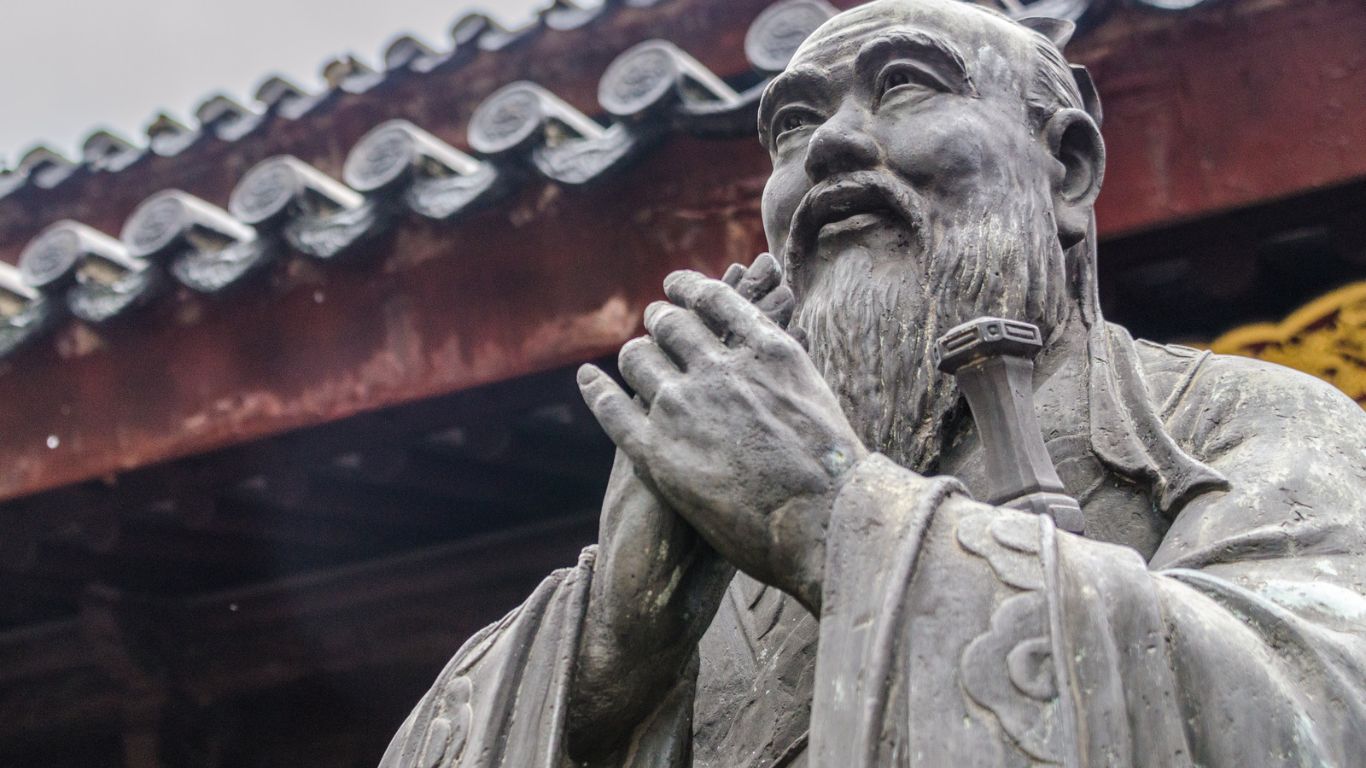Self-Reflection in the Pursuit of Excellence
Confucius, one of the greatest philosophers and educators in Chinese history, once said, "When you see a worthy person, endeavor to emulate him. When you see an unworthy person, then examine your inner self." This quote speaks to the idea that in order to better ourselves, we must look to those who embody the qualities we admire and strive to imitate them, but also that we must be introspective and reflective about our own shortcomings when we encounter those who embody negative traits.
One of the key aspects of this quote is the importance of emulating positive role models. By observing those who exhibit qualities such as kindness, courage, integrity, and wisdom, we can learn from their example and strive to embody these traits in our own lives. This can help us to become better people and to achieve our goals and aspirations.
However, it's not enough simply to look to others for inspiration. Confucius also stresses the importance of examining our own inner selves when we encounter those who embody negative traits. This form of self-reflection or introspection is referred to as "Naikan" in karate. This can be a difficult and uncomfortable process, but it is essential if we want to grow and improve as individuals. By reflecting on our own shortcomings and the ways in which we may be contributing to negative patterns of behavior, we can work to identify and overcome our weaknesses and become the best versions of ourselves.
The practice of self-reflection is not always easy, but it is a crucial part of personal growth and development, especially at the black belt level. By looking both to positive role models and to our own inner selves, we can gain a deeper understanding of who we are and what we want to become. And by striving to embody the qualities we admire in others and working to overcome our own shortcomings, we can become the kind of people who inspire others to do the same.
In conclusion, Confucius' quote reminds us of the importance of both looking to positive role models for inspiration and of being introspective and reflective about our own shortcomings. By embodying the qualities we admire in others and working to overcome our own weaknesses, we can become the best versions of ourselves and inspire others to do the same.


